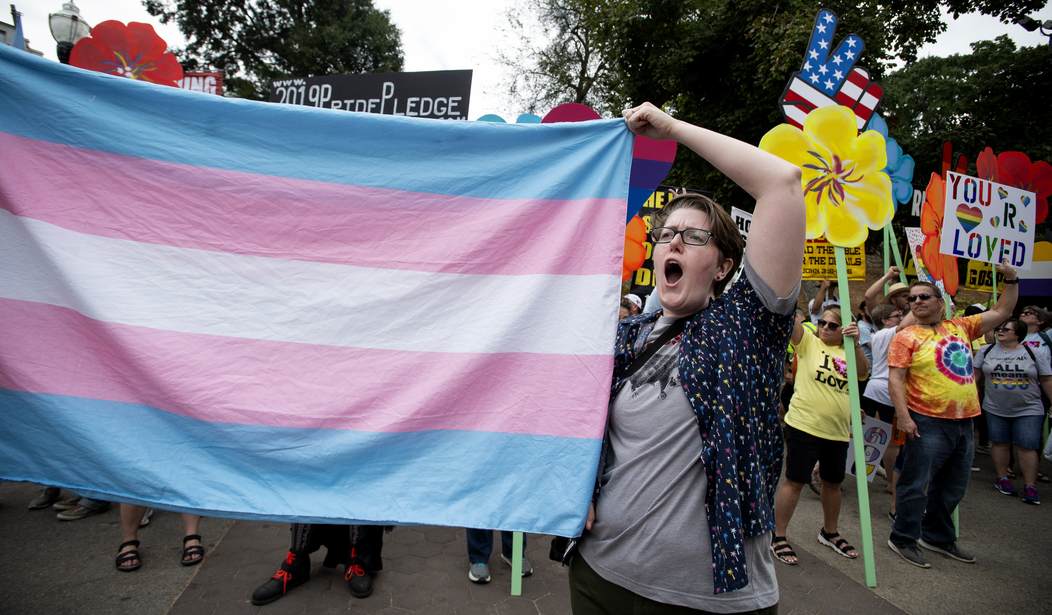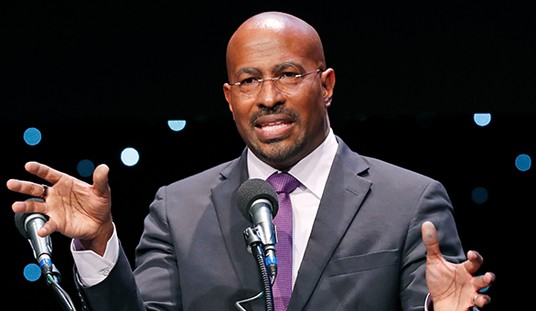When I was a kid, I wanted to be an actor. I was active in community theater and decided that would be my major in college. I should have gotten a clue when I went for an actual professional audition (an extra in a local outdoor historical drama) and heard "Thank you, next" as soon as I hit the stage.
When things didn't work out in theater, I became a broadcast major. There was not much of a broadcast program at my school, so I became a religion major after I decided I had received the "call" to ordination. Now I write columns for a living. Go figure.
My youngest granddaughter has, at times, expressed a desire to be a veterinarian and a gourmet chef. Currently, her goal is to become a neurosurgeon. That plan will probably be on hold at least until she leaves elementary school.
All of this is to say that it is not uncommon for one to end up miles away from one's intended life destination. Circumstances change, as do people. So it is reasonable to assume that a boy who believes he is a girl at age nine may feel entirely differently about the matter at age 20 — or even 10.
To that end, a recently released study from the Netherlands shows that for most children, gender confusion is a stage and something that they will likely grow out of over time. According to a story in the Daily Mail, researchers at the University of Groningen spent 15 years conducting the "Tracking of Adolescents Individual Lives Survey."
Interviewers asked 2,770 people at various times to respond to the statement, "I wish to be of the opposite sex." Participants answered that question six different times during the study, which started in March of 2001.
When the study began, one in ten children said they were not content with their gender. By the time participants reached the age of 25, only one in 25 participants said that they were often or sometimes unhappy with their gender.
Their conclusion? "The results of the current study might help adolescents to realize that it is normal to have some doubts about one’s identity and one’s gender identity during this age period and that this is also relatively common."
The Daily Mail said the researchers commented that one limitation of the study was that "it looked at a mixture of children from the general population and kids who were receiving mental health care — though not specifically for anything related to their gender. Therefore, it does not necessarily reflect the attitudes of children clinically diagnosed with gender dysphoria."
Be that as it may, Patrick Brown, who is a fellow at the Ethics and Public Policy Center, told the outlet:
This study provides even more reason to be skeptical towards aggressive steps to facilitate gender transition in childhood and adolescence. The fact that rates of satisfaction are lower even just a few years later suggests that for the vast majority of people, prudence and caution, rather than a rush towards permanent surgeries or hormone therapies, will be the best approach for teenagers struggling to make sense of the world and their place in it. As such, policies that prohibit gender transition for minors make a great deal of sense.
Changing one's college major or even one's career is relatively easy when compared to the regimen of drugs and surgeries required to change one's sex. Yet children and teens, whose brains are not yet fully developed and who may be in the midst of hormonal changes, social pressures, and general angst of adolescence, are allowed or convinced to make life-altering decisions, the results of which may be difficult or impossible to undo, even if they change their minds.










Join the conversation as a VIP Member